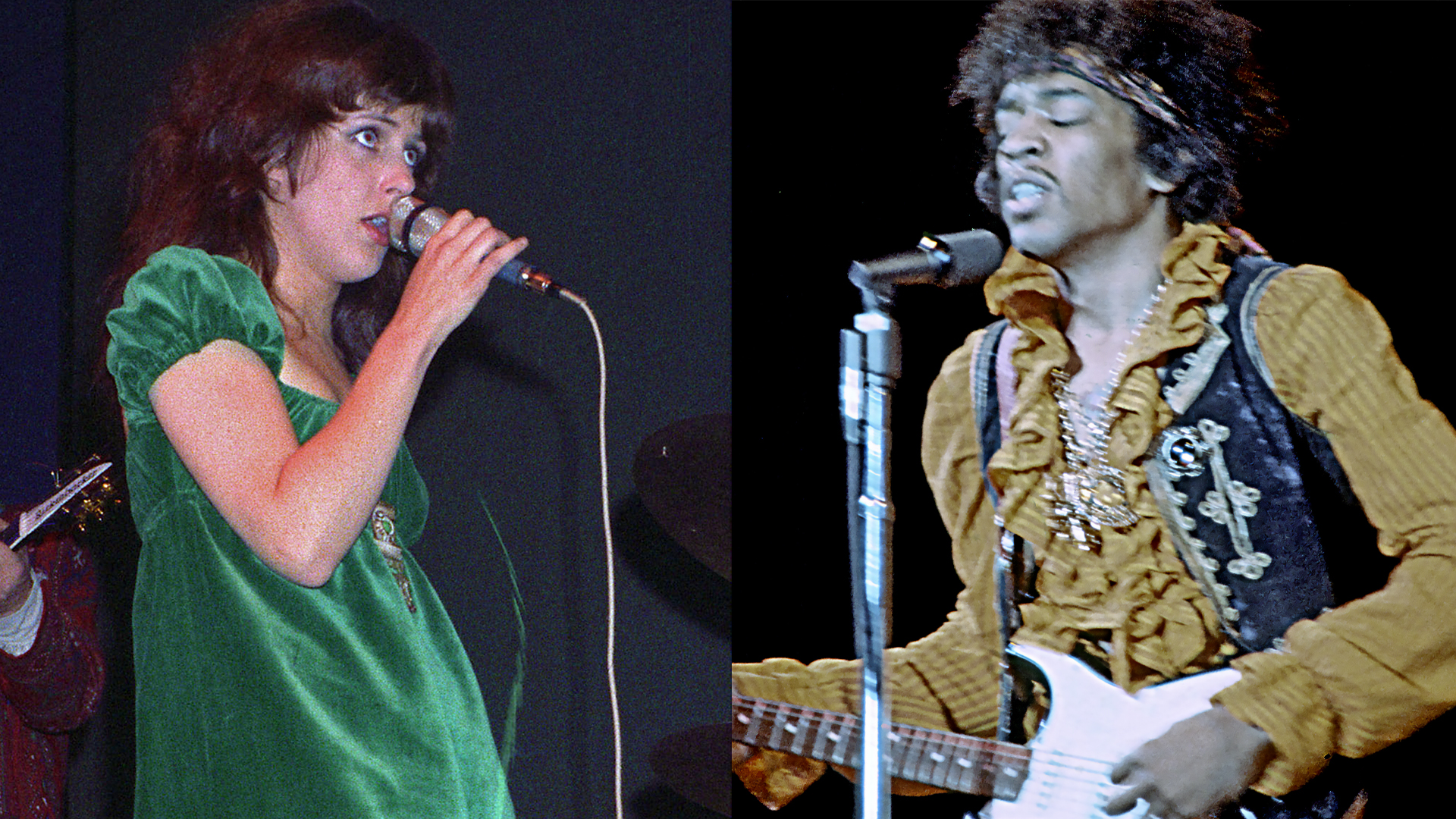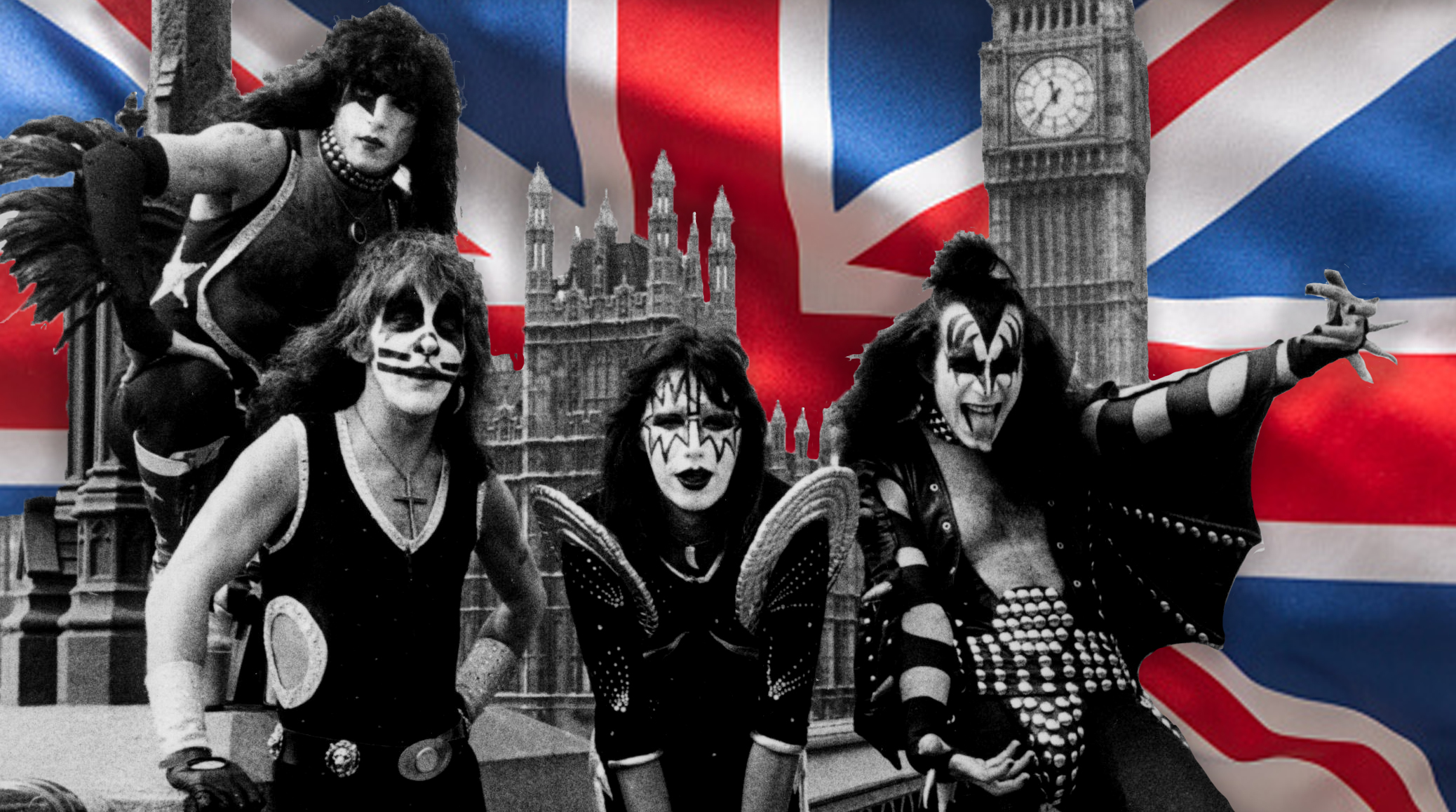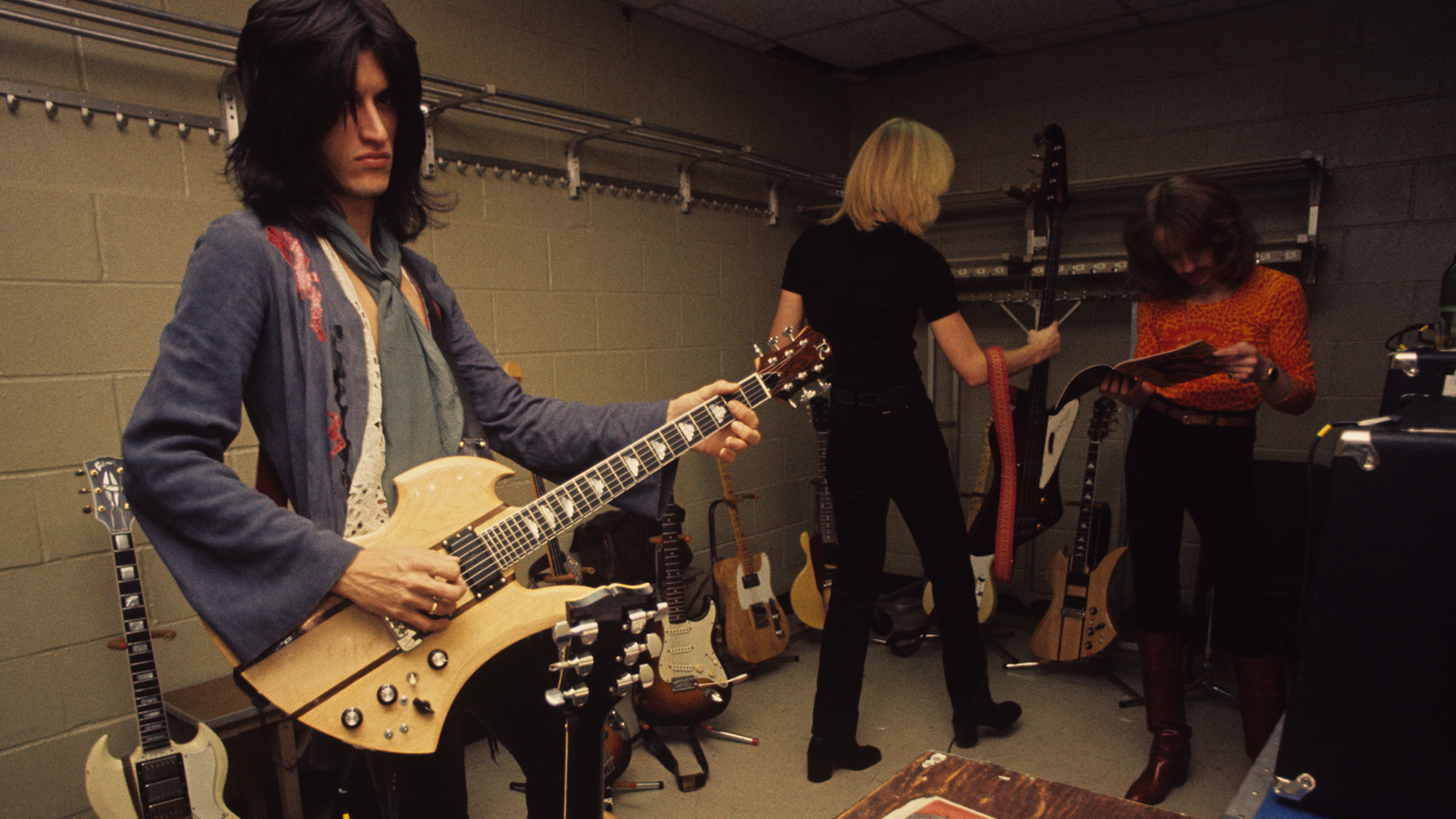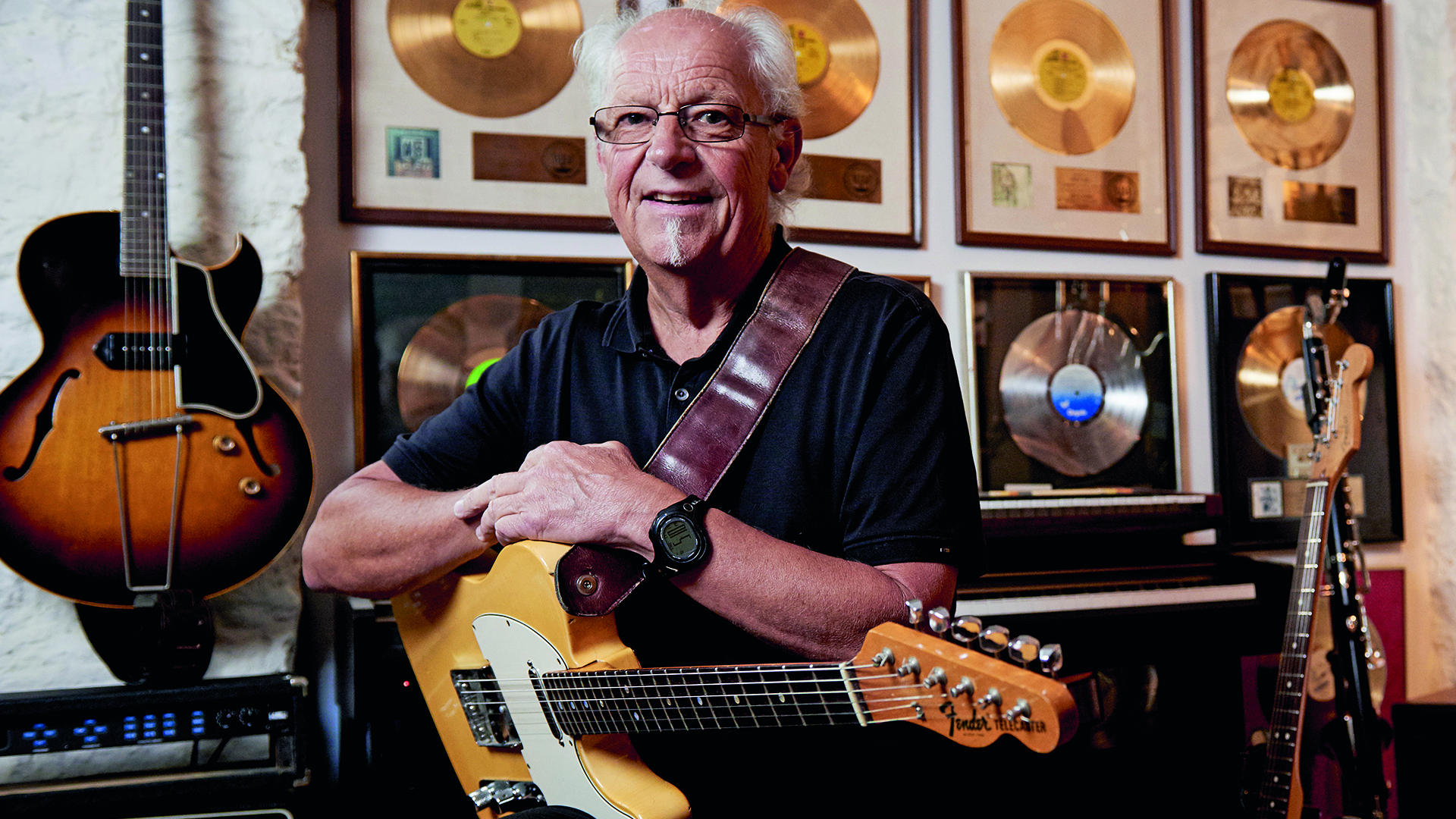“Tube tone and dynamism distilled into affordable, portable, and analog designs”: Laney says its new Lionheart Foundry solid-state combos can rival tube amps
The British amp makers have used analog gear to, the company says, recreate the sound and feel of tube amps with this trio of 60-watt units
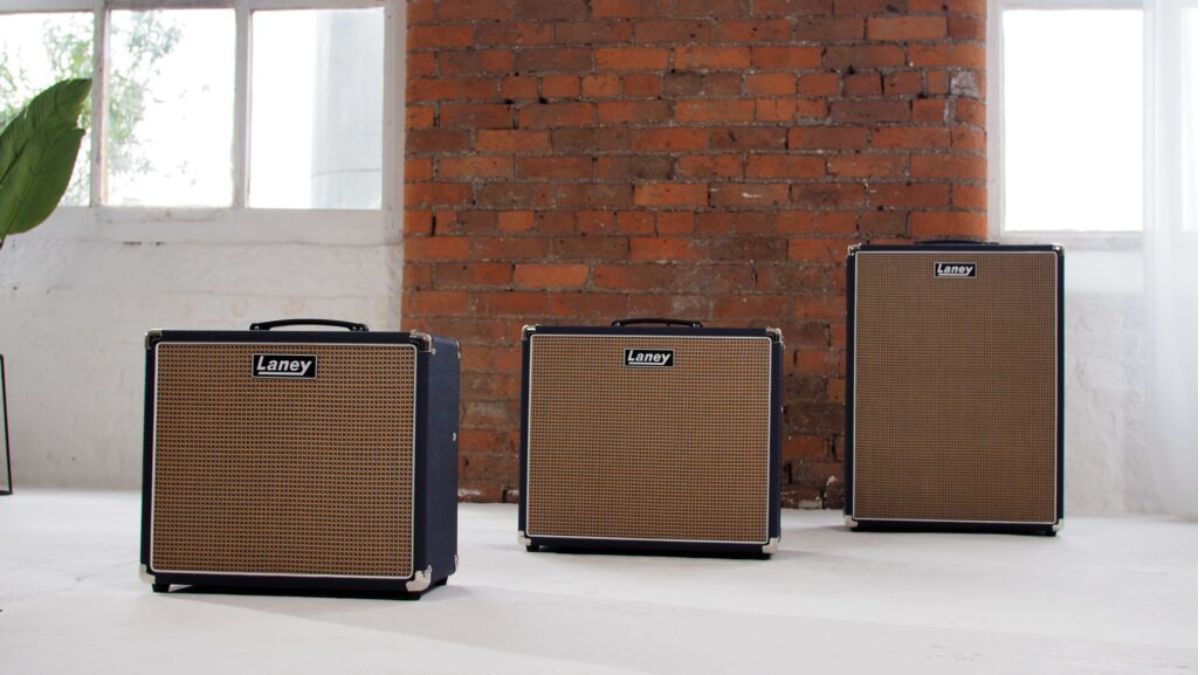
Laney’s new Lionheart Foundry amp series aims to distill the majesty of tube amps into compact and lightweight 60-watt solid-state builds, and the firm believes they can go toe-to-toe with tube amps.
Contrary to Fender’s approach with its Tone Master series of amps, which swap out tubes in favor of DSP modeling, Laney has led with analog tech.
These components help match the dynamic, touch-sensitive response of tubes – a quirk that still holds much sway in an increasingly digital amp world.
Each unit in the three-strong combo amp series features dual clean and lead channels and 60/1W power switching.
They also offer a footswitchable boost circuit based on the company's Steelpark boost pedal, while its digital spring reverb is lifted from its Secret Path reverb pedal.
Moreover, instead of giving this new approach to amp-building a new visual style, there’s a charming sense of traditionalism, as the amps have kept Laney’s smart valve amp aesthetic.
Coming in at $429, the LF60-112 is the most affordable offering, delivering the basic core spec. The LFSUPER60-112 ($539) then adds tremolo and chorus effects with tweakable Rate and Depth controls.
Get The Pick Newsletter
All the latest guitar news, interviews, lessons, reviews, deals and more, direct to your inbox!
The LFSUPER60-212 ($699) stands out by offering a rare vertical 2x12 combo beneath its grill as well as the mid-priced combo’s modulation effects – all three combos have the digital spring reverb.
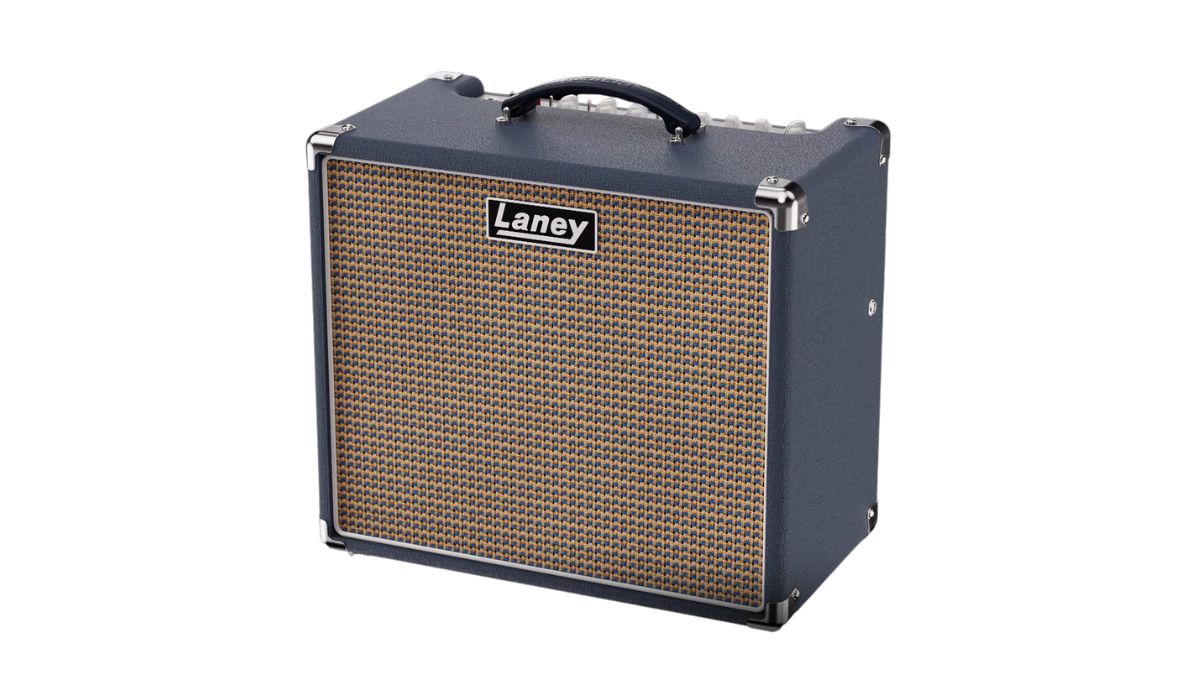
Laney, which has been responsible for some truly iconic guitar tones from Black Sabbath to Dire Straits' Dire Straits' Money for Nothing since its founding in 1967, says it “recognizes that the weight and price tag of a tube amp isn’t right for every player.”
That posed a question that the Lionheart Foundry does its utmost to answer: Can an amp put the “tube tone and dynamism into affordable, portable analog designs packed with great tones and useful features?”
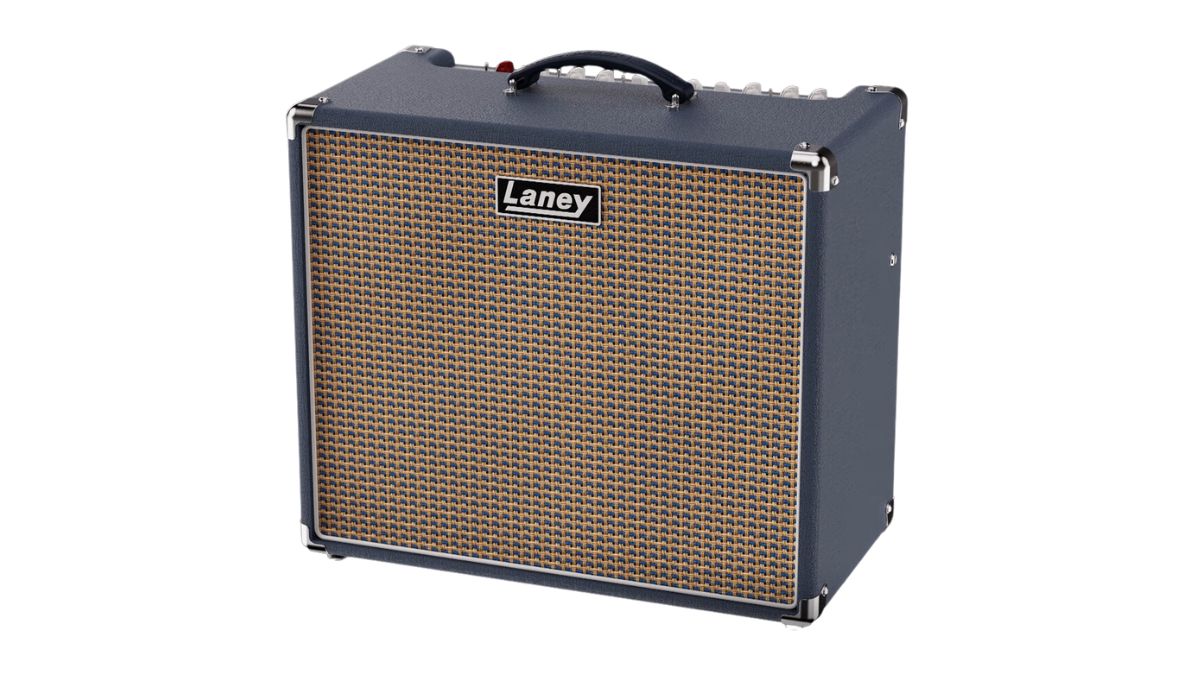
Laney says it’s been successful in taking “the power, and the response of our acclaimed tube amp ranges” and forging them into amps that are “high-quality, and a lot of fun.”
“We used several geeky methods to map the Lionheart's natural compression and harmonics and the feel of real tubes being overdriven,” adds design engineer James Morell.

“It’s not just about mimicking specific tones like some of the modeler amp products out there, but replicating the truly dynamic interactive feel and touch sensitivity that makes a great tube amp so expressive and addictive to play.”
The likes of the Orange Crush, Boss’ Katana amps, and Blackstar’s Debut series have all proven popular combo choices for gigging musicians in recent years. It will be interesting to see how Laney’s competitor performs in the metaphorical ring.
Head to Laney for more information on the Laney Lionheart Foundry series.
A freelance writer with a penchant for music that gets weird, Phil is a regular contributor to Prog, Guitar World, and Total Guitar magazines and is especially keen on shining a light on unknown artists. Outside of the journalism realm, you can find him writing angular riffs in progressive metal band, Prognosis, in which he slings an 8-string Strandberg Boden Original, churning that low string through a variety of tunings. He's also a published author and is currently penning his debut novel which chucks fantasy, mythology and humanity into a great big melting pot.
A gigantic $360 off Positive Grid's celebrated BIAS amp sim software may have just put the nail in the coffin of my beloved valve combo
"Let’s take acoustic-electric amplification to its ultimate realization." How to make an acoustic amp shimmer like a vintage Fender, smolder like a Dumble or scream like a Marshall



